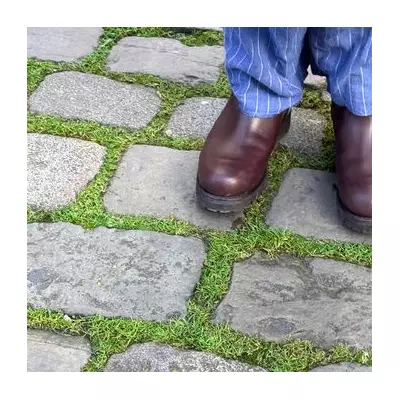
Is your rose garden's spectacular June display starting to fade? Don't resign yourself to a one-hit wonder. The secret to a season-long spectacle of colour and fragrance is a simple but crucial gardening task: deadheading.
According to the Royal Horticultural Society (RHS) and beloved gardening broadcaster Alan Titchmarsh, this is the single most important job for rose lovers in July. By removing spent blooms, you effectively trick your plant into thinking it hasn't successfully produced its seed-bearing hips yet. This prompts it to redirect all its energy into creating a stunning second, and even third, flush of flowers well into autumn.
The Right Way to Deadhead: A Step-by-Step Guide
It's not just about snapping off the dead flower; precision is key to ensuring healthy new growth.
- Locate the correct point: Trace the flower stem down to the first set of healthy, five or seven-leaflet leaves.
- Make the cut: Using sharp, clean secateurs, make a clean angled cut approximately ¼ inch above this leaf set. The angle should slope away from the centre of the leaf.
- Why it works: This specific point is a growth node. Cutting here encourages a new, strong flowering stem to burst forth from the bud nestled in the leaf joint.
As Alan Titchmarsh advises, "Don't be timid. Cutting back harder often encourages stronger regrowth."
What Happens If You Don't Deadhead?
Neglect this vital task, and your rose bush will swiftly shift its focus. Energy that could be producing more beautiful petals will instead be channelled into forming rose hips. While attractive to wildlife, hips signal to the plant that its reproductive duty is done for the season, bringing the floral show to a premature end.
Beyond Deadheading: Summer Rose Care Essentials
For truly thriving roses, pair your deadheading routine with these essential summer care tips:
- Feed them: After deadheading, give your plants a boost with a specialist rose feed or a general potassium-rich fertiliser to support the next wave of blooms.
- Water wisely: Water deeply at the base of the plant during dry spells, preferably in the morning, to avoid leaf scorch and fungal diseases.
- Stay vigilant: Keep an eye out for common pests like aphids and signs of blackspot or mildew, treating them promptly with an appropriate organic or chemical treatment.
By dedicating just a few minutes to deadheading each week, you can transform your garden into a continuous rose paradise. Grab your secateurs and get ready for an encore performance that will last until the first frosts.





